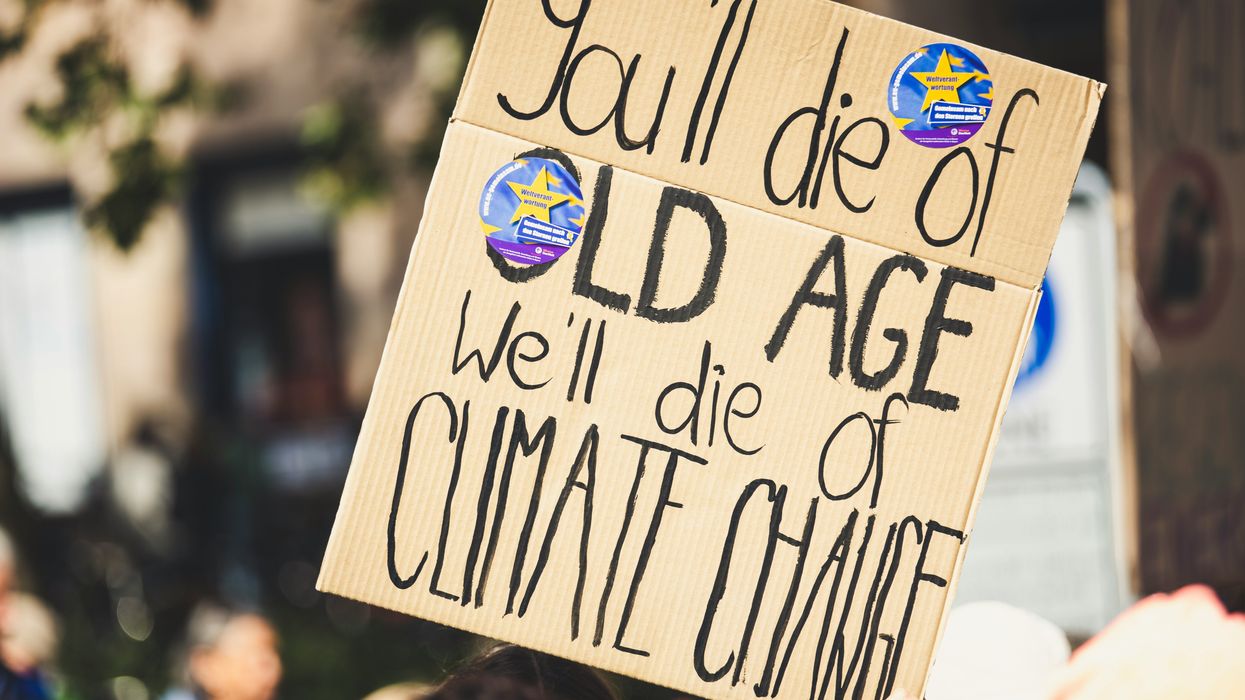The House voted 216-212 to overturn an air pollution rule from the Biden administration that required industrial sites to keep strict emissions controls even after reducing toxic output.
Rachel Frazin reports for The Hill.
In short:
- The resolution targets the “Once In, Always In” rule, which mandated continued pollution controls for major emitters of hazardous air pollutants such as mercury, lead, and dioxins, even if they temporarily reduced emissions.
- Republicans argue that the rule discouraged companies from cutting pollution by locking them into costly regulations, while Democrats say repealing it endangers public health.
- The vote now sends the rollback to President Trump, who is expected to sign it, effectively reversing a key environmental protection from the Biden era.
Key quote:
“The rule Republicans are trying to repeal today is first and foremost a public health protection measure.”
— Rep. Frank Pallone, top Democrat on the House Energy and Commerce Committee
Why this matters:
Toxic air pollutants like mercury and lead settle in soil, water, and human bodies, where they can cause lifelong harm — particularly for children, pregnant people, and communities near industrial sites. By softening rules on facilities once classified as major polluters, the new policy opens the door for increased emissions of chemicals linked to cancer, neurological disorders, and developmental damage. Airborne dioxins and PCBs, for example, can drift for miles and persist in the environment for decades. Reducing oversight means fewer reporting requirements and fewer incentives to invest in cleaner technology. Many affected areas are already burdened by pollution, meaning this rollback could deepen environmental health disparities, especially in low-income and marginalized communities that live near industrial corridors. As regulatory power shifts again, the health of these populations may depend more on politics than science.
Related EHN coverage: Regulators are underestimating health impacts from air pollution: Study














